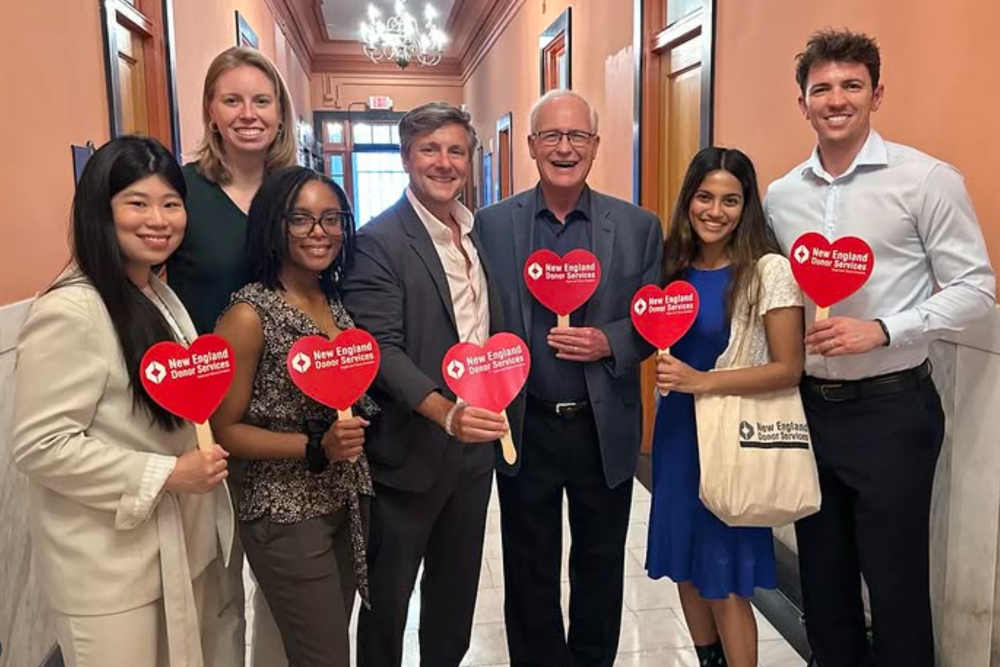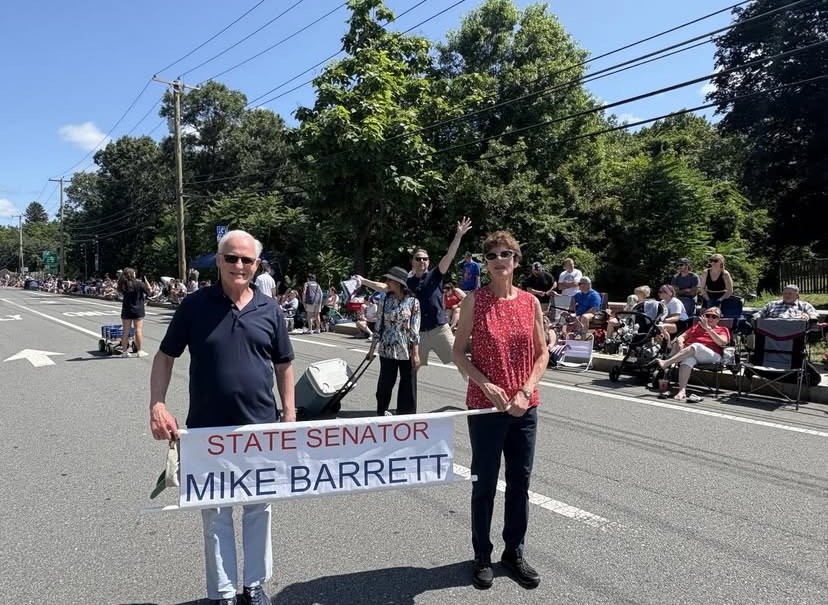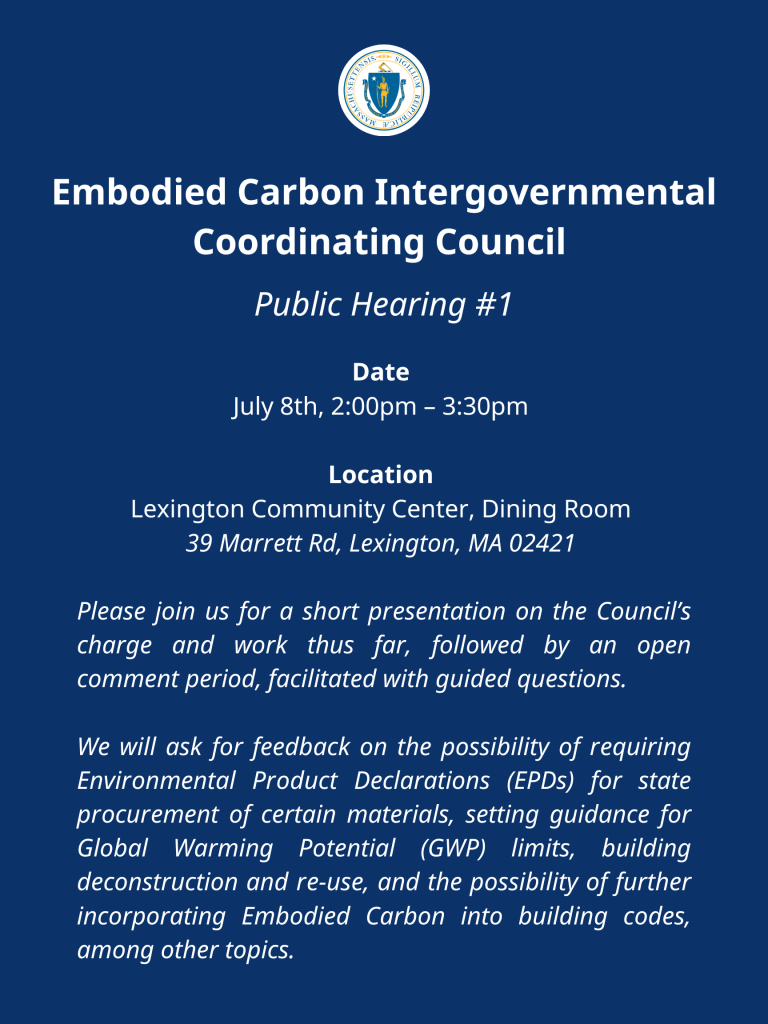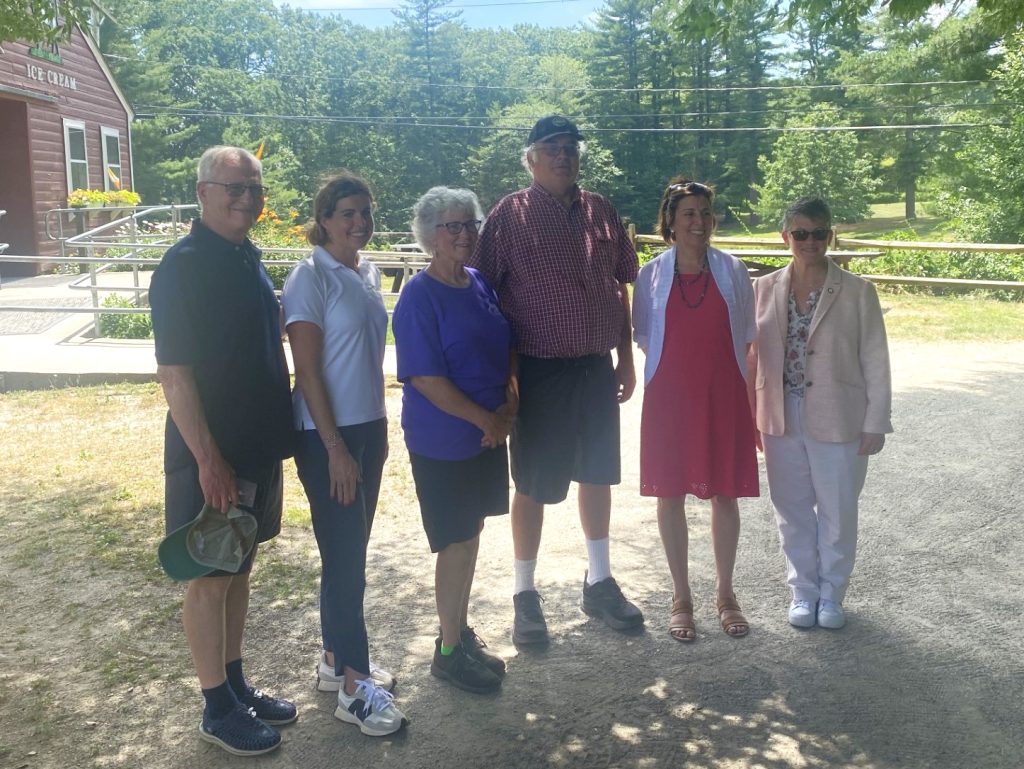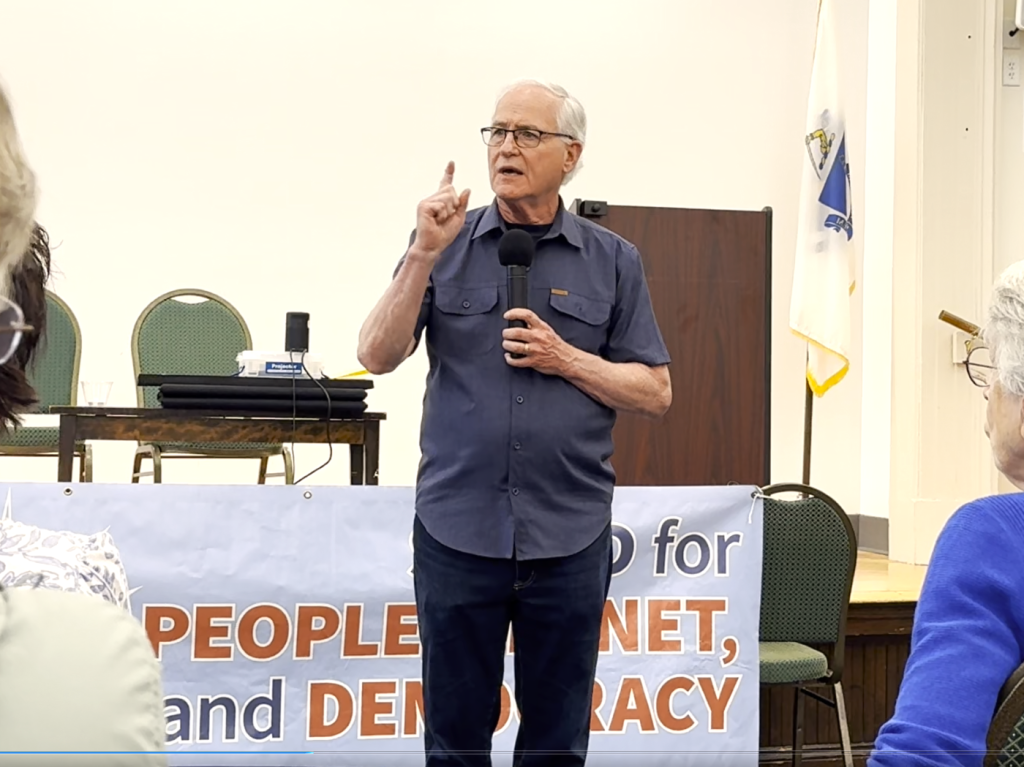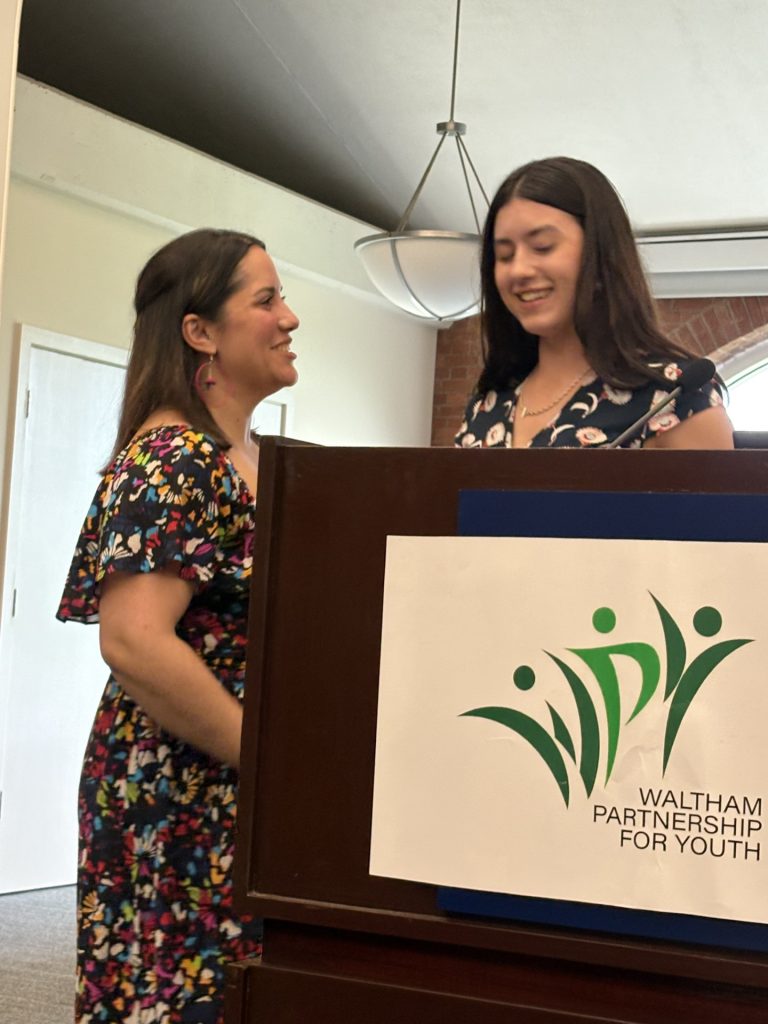Walking through the State House today, who should I encounter but Matt Boger of New England Donor Services, on a visit with medical students interested in both the role of New England Donor and the world of the State House. We do set health policy, ya know, and it needs more input from doctors.
